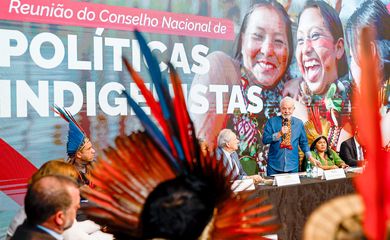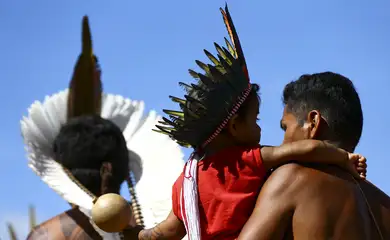Brazilian constitution to be translated into indigenous languages

The Brazilian constitution will be the first legal document to be translated into the Guarani-Kaiowá, Tikuna, and Kaingang languages—Brazil’s most widely spoken indigenous languages.

The initiative was made official Monday (Apr. 22), and comes as part of the program Living Indigenous Language in Law, promoted by the Office of the Attorney-General alongside the Ministry of Indigenous Peoples and the Ministry of Justice and Public Security.
Reaching a common understanding between indigenous peoples and lawmakers is the plan’s main objective. In order to guarantee cultural integrity, the program should invite indigenous leaders and community members to help draft texts that take into account the interaction with indigenous legal systems. Community members will also be trained to gain greater access to national and international legislation, as well as public policies.
The new materials will be disseminated among traditional communities, lawyers, representatives of all three branches of power, councils, universities, and nonprofit associations working on public policies and the rights of indigenous people.







